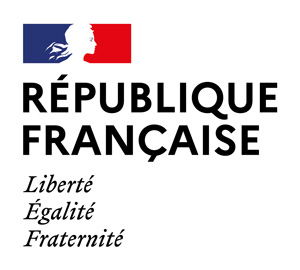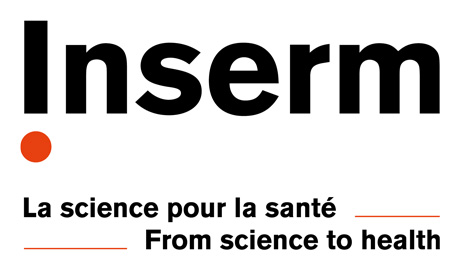






La CROI - Conference on Retroviruses and Opportunistic Infections, un forum dédié aux scientifiques en recherche fondamentale et recherche clinique, organisent :
du 12 au 16 février 2022
Conférence actuellement hybride, avec une participation à la fois virtuelle et en personne
Format hybride
L'inscription est payante et obligatoire sur le site dédié (ouverture prévu en automne 2021).
The Conference on Retroviruses and Opportunistic Infections (CROI) was established in 1993 to provide a forum for basic scientists and clinical investigators to present, discuss, and critique their investigations into the epidemiology and biology of human retroviruses and associated diseases. The synergy of basic science and clinical investigation has been a major contributor to the success of the meeting. CROI has facilitated the presentation of important discoveries in the field, thereby accelerating progress in HIV and AIDS research. As always, the best and most consequential original research will define the science at virtual and in-person CROI 2022, which will include research in HIV, hepatitis viruses, SARS-CoV-2, and other viral infections and their related conditions.
Attendance at the conference is open to researchers and clinical educators actively involved in the study and management of HIV, other retroviruses, and related medical conditions.
September 1, 2021 : General Abstract and Scholarship Submissions Opens.
Late fall 2021 : General Registration Opens
November 1, 2021 : General Abstract Submission deadline. The deadline has been set to allow more investigators to submit their research for CROI 2022. General abstracts will account for the largest percentage of accepted abstracts (usually about 50% of general abstracts submitted are accepted).
January 5, 2022 : Late-Breaking Abstract Deadline. Data analyzed after the general abstract submission deadline should not be submitted as late-breaking unless they meet a high threshold of scientific merit. The selection criteria are much more rigorous than for general abstracts, and only about 5% of late-breaking abstracts are accepted.
More information directly on the CROI website.
Le programme inclut notamment la participation des chercheurs français :
Le programme des 5 journées est régulièrement mis à jour sur le site du CROI.